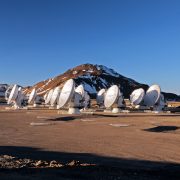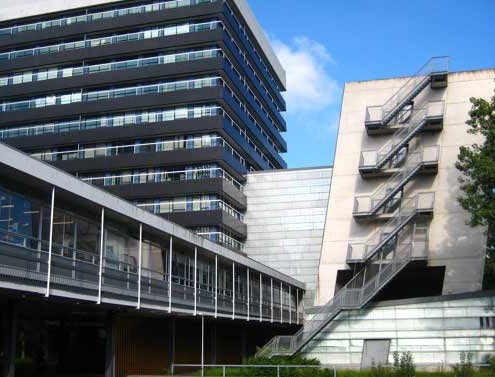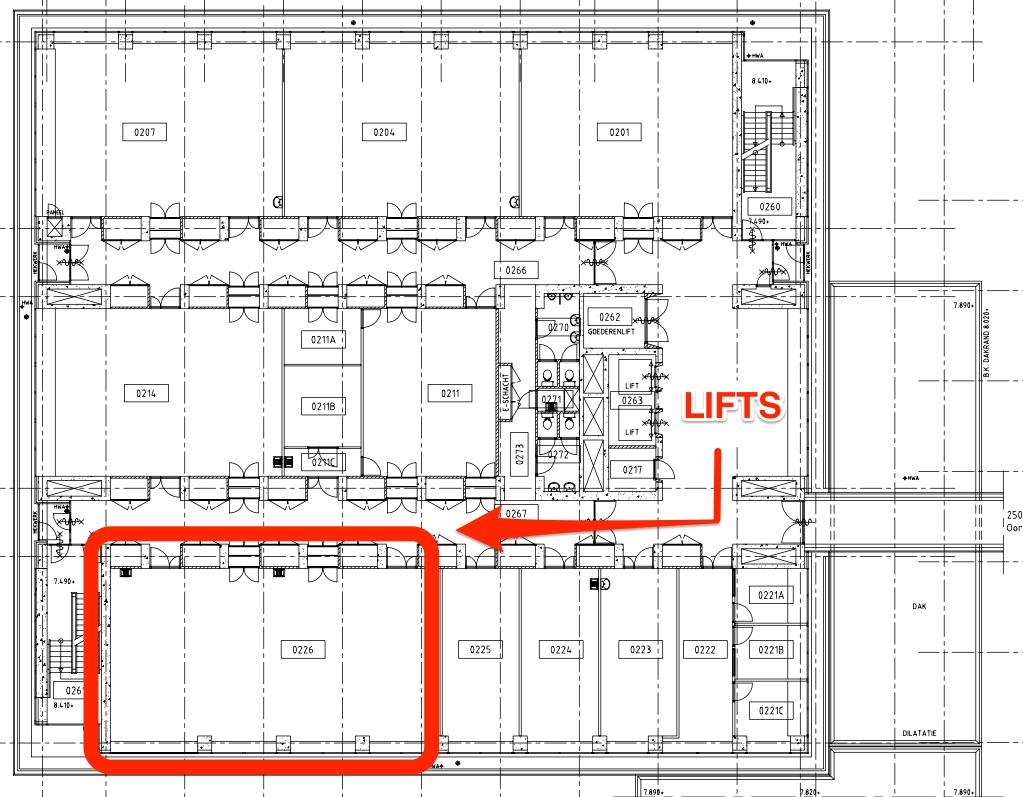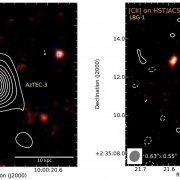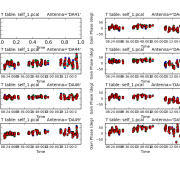Changes to how to write your ALMA proposal for Cycle 8
For Cycle 8, ALMA is adopting dual-anonymous review. This means that the proposers do not know who the reviewers are, and the reviewers don’t know who is on the proposing team. This has important consequences on how you write your proposal!
ALMA has put together a document with guidelines. Consequently, any text that can identify the proposing team is not allowed. Attempts to convey the identify proposing team in the text may lead to your proposal being disqualified.
What you need to do:
- Read the guidelines.
- Write your new proposal according to these guidelines, and rephrase the text of proposals that are re-submissions from previous cycles.
A presentation describing how to write an anonymous ALMA proposal can be found below (pdf file).
Allegro is organizing a proposal preparation workshop on Thursday March 26, where these requirements will be discussed together with other technical information about ALMA Cycle 8. You can register for the Proposal Preparation Day at the following link.

